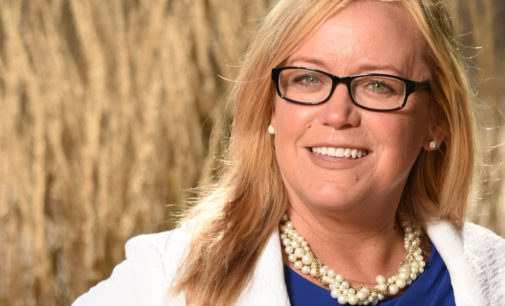We want to focus on the type of “nevers” that, in the heat of the moment or humdrum routine of everyday life, fiduciaries can find themselves slowly sliding down that slippery slope towards. In fact, if, as you read these, you catch yourself muttering something about “there’s always an exception,” then you’ve just discovered where that slippery slope lies.

These may not be the only rules, but they rank up there as among the most practical for fiduciaries and, in some cases, for any other professional.

In an otherwise quiet week, does anyone else think it strange that a whole slew of articles came out on this one particular topic?

While the fiduciary should be fairly compensated, the fiduciary is prohibited from engaging in activities that might increase that compensation to the detriment of the interests of the beneficiary. Such activities represent the definition of a self-dealing transactions. Here are some examples of self-dealing transactions that, if executed, will likely result in a fiduciary breach.

Here’s the beginning of an operational definition of what it takes to be a good fiduciary (first of three installments).

Legislative Odds-Making, the True Cost of Low Fees, and When “Safe” Investing Isn’t Safe.

“…anytime we are talking about disclosures, don’t make them like the lovely 404a notices. Make them simple and easy to understand. Otherwise you lose the whole point of the disclosure.”

Fiduciary Rule not dead yet? Tax reform means plan document update? And why the quietude on investments?











FiduciaryNews.com Trending Topics for ERISA Plan Sponsors: Week Ending 8/10/18
These may not be the only rules, but they rank up there as among the most practical for fiduciaries and, in some cases, for any other professional.